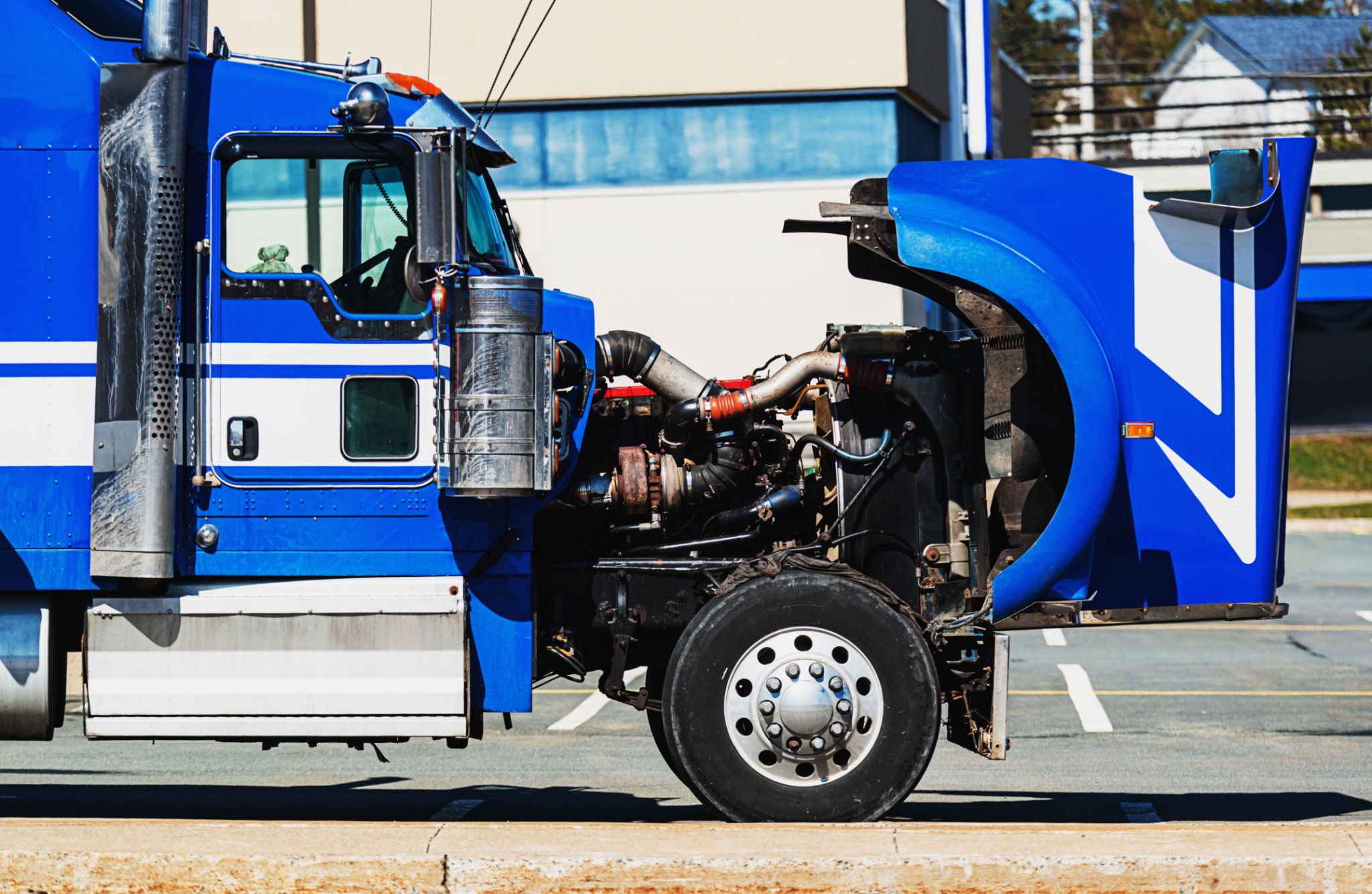Top 5 Common Small Engine Problems and How to Fix Them
Engine Won't Start
One of the most common issues with small engines is when they refuse to start. This can be incredibly frustrating, but understanding the underlying causes can make troubleshooting easier. Often, a lack of fuel, a faulty spark plug, or a blocked air filter can be at fault.
Firstly, check the fuel supply. Ensure there's enough fuel in the tank and that it's not stale. If the fuel is old, drain it and refill with fresh fuel. Secondly, inspect the spark plug for wear and tear. Replace it if necessary. Lastly, clean or replace the air filter to ensure proper airflow.

Engine Runs Rough
If your engine is running rough or sputtering, it might indicate an issue with the carburetor or fuel system. A common reason for this problem is a clogged carburetor, which can disrupt the air-fuel mixture necessary for smooth operation.
To fix this, try using a carburetor cleaner to remove any debris or deposits. Additionally, check the fuel lines for any blockages or leaks. If the problem persists, it might be necessary to rebuild or replace the carburetor.
Overheating
Overheating is another prevalent issue that can cause significant damage if not addressed promptly. This problem is often due to insufficient oil levels or a clogged cooling system.
Start by checking the engine oil level and top it up if needed. Also, inspect the cooling fins and remove any debris that might be obstructing airflow. Regular maintenance can prevent overheating and prolong engine life.

Loss of Power
A noticeable loss of power during operation can be attributed to several factors, including a dirty air filter, faulty spark plug, or issues within the exhaust system. These components are crucial for maintaining optimal engine performance.
Begin by replacing or cleaning the air filter to ensure adequate airflow. Next, examine the spark plug and replace it if it shows signs of wear. Lastly, check the exhaust system for any blockages that could be restricting airflow and impeding performance.
Excessive Smoke
Excessive smoke from your small engine is often alarming and can signify various problems such as oil leaks, burning oil, or a rich fuel mixture. The color of the smoke can help diagnose the issue: blue smoke indicates oil burning, while black smoke suggests a rich fuel mixture.
If blue smoke is present, inspect the engine for oil leaks and ensure seals and gaskets are intact. For black smoke, adjust the carburetor to achieve the correct air-fuel balance. Regular servicing can help avoid these issues and maintain engine efficiency.
